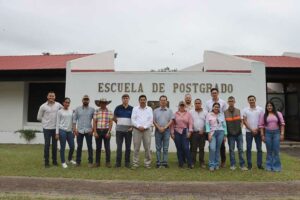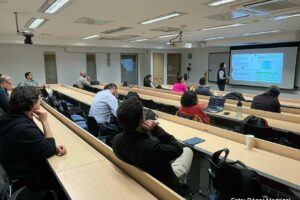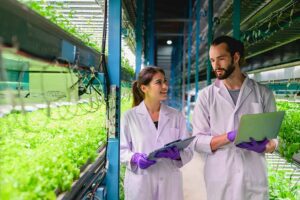CATIE signs agreement with Coopeindia and Café de Altura for sustainable coffee cultivation transformation
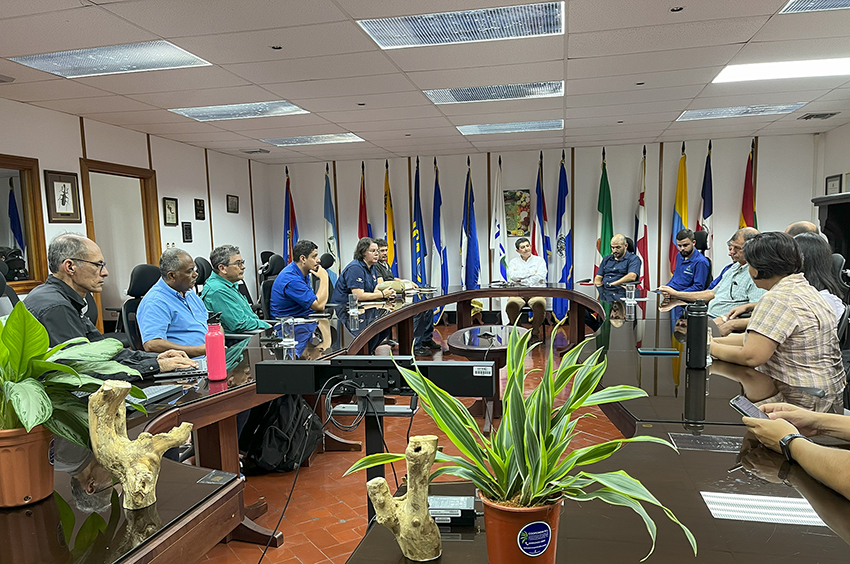
- This collaboration seeks to promote sustainable coffee and ornamental plant production using bioinputs and the reproduction of F1 hybrid varieties for the benefit of members of both cooperatives.
In a joint effort to improve the productivity and sustainability of coffee cultivation, CATIE has signed a tripartite agreement with Coopeindia R.L. and Café de Altura S.A.
This agreement was formalized by Maylen Rojas, General Manager of Coopeindia; Delmar Salas, President of Café de Altura; and Luis Pocasangre, Director General of CATIE.
The event was also attended by Elías de Melo and Rolando Cerda, renowned international coffee researchers from CATIE.
This agreement comes in response to a request from the Vice Minister of Agriculture of MAG, who identified the need to share transformative approaches for coffee production in the regions where COOPEINDIA and Café de Altura operate.
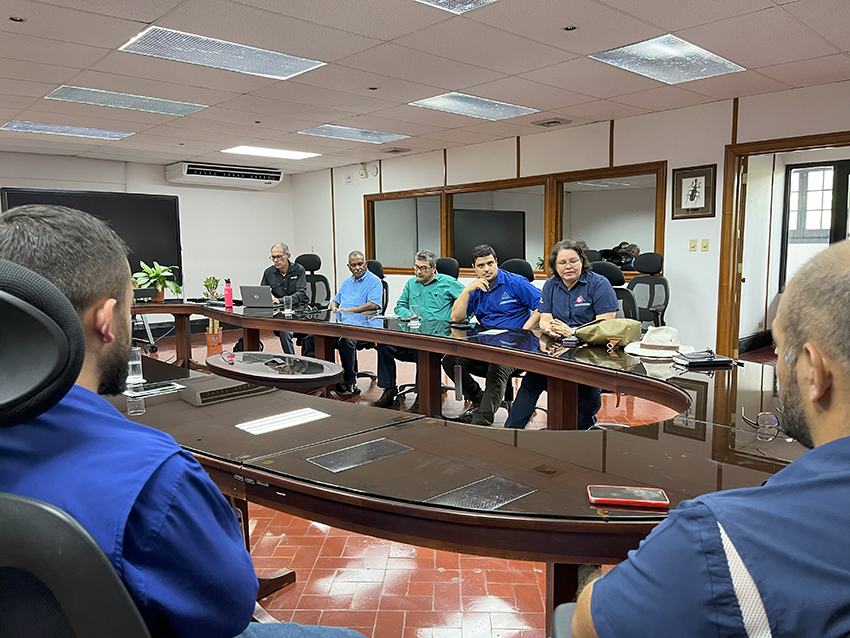
The main objective of this collaboration is to improve the productivity and profitability of coffee crops through the implementation of sustainable agricultural practices.
The cooperation will focus on several key aspects, such as the design and management of improved agroforestry systems, the development and multiplication of coffee varieties resistant and tolerant to climate change, and the use of high-quality bioinputs.
These approaches are considered essential to promote soil-restorative agriculture, preserve biodiversity, and adapt to rising temperatures, commented De Melo.
"We are interested in F1 coffee hybrids"
One of the central points of this agreement is the distribution of CATIE's coffee hybrids, such as Centroamericano, Milenio, and Esperanza, which are highly productive, resistant to coffee rust, and have excellent cup quality.
Additionally, technical assistance will be provided in sustainable coffee production, including the management of pests and diseases using beneficial microorganisms, nitrogen-fixing shade management, rejuvenation pruning, and organic fertilization systems.
Café de Altura, founded in 2004, integrates 2,000 producers. The interest in forming an alliance is to strengthen coffee growing and Indian cane production.
"Our need is to change the Caturra and Villa Sarchí varieties because they are affected by rust. We want to switch to F1 hybrids, like Milenio, Esperanza, and Centroamericano. We want CATIE's advice and to strengthen ourselves together, both the coffee sector and ornamental plants," commented Salas.
Ornamental plants help in coffee plantations by acting as windbreaks and preventing soil erosion, which allows for soil conservation.
Coopeindia, on the other hand, was born in the western zone as an alternative to coffee growing for crop diversification.
CATIE's coffee hybrids have demonstrated remarkable tolerance to prolonged droughts and adaptation to low altitudinal zones, which is crucial for replanting lowlands and preventing the deforestation of primary forests.
CATIE, together with Icafé and MAG, through initiatives such as NAMA Café and Transforma Innova, a project supported by GIZ, will continue to develop strategies and activities that strengthen this alliance.
Elías de Melo said that work sessions are planned to identify opportunities for support and resources, thus socializing and enhancing the technologies and knowledge that CATIE has been developing.
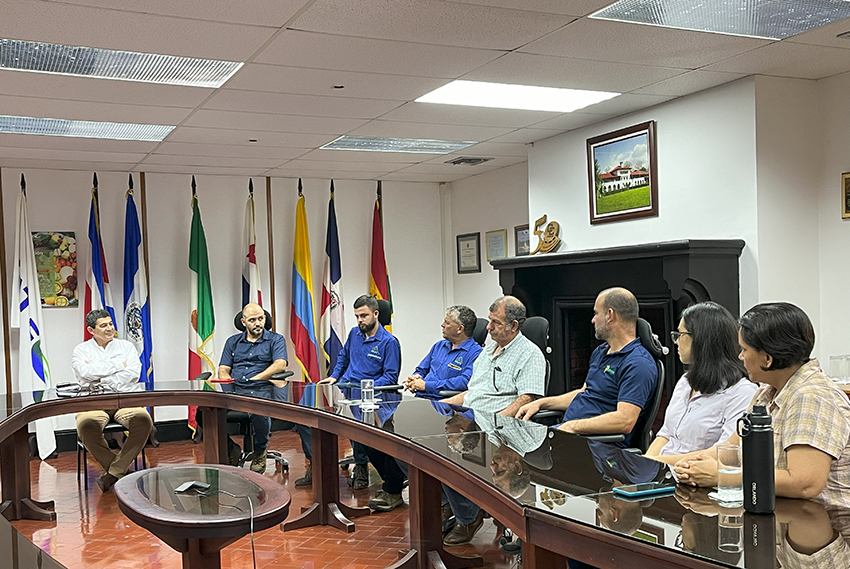
Written by:
Kattia Bermúdez Mora
Coordinator
Communications and Marketing Office
CATIE
kattia.bermudez@catie.ac.cr

